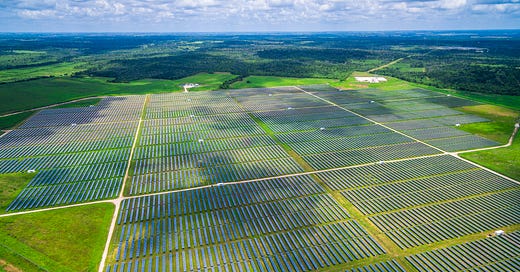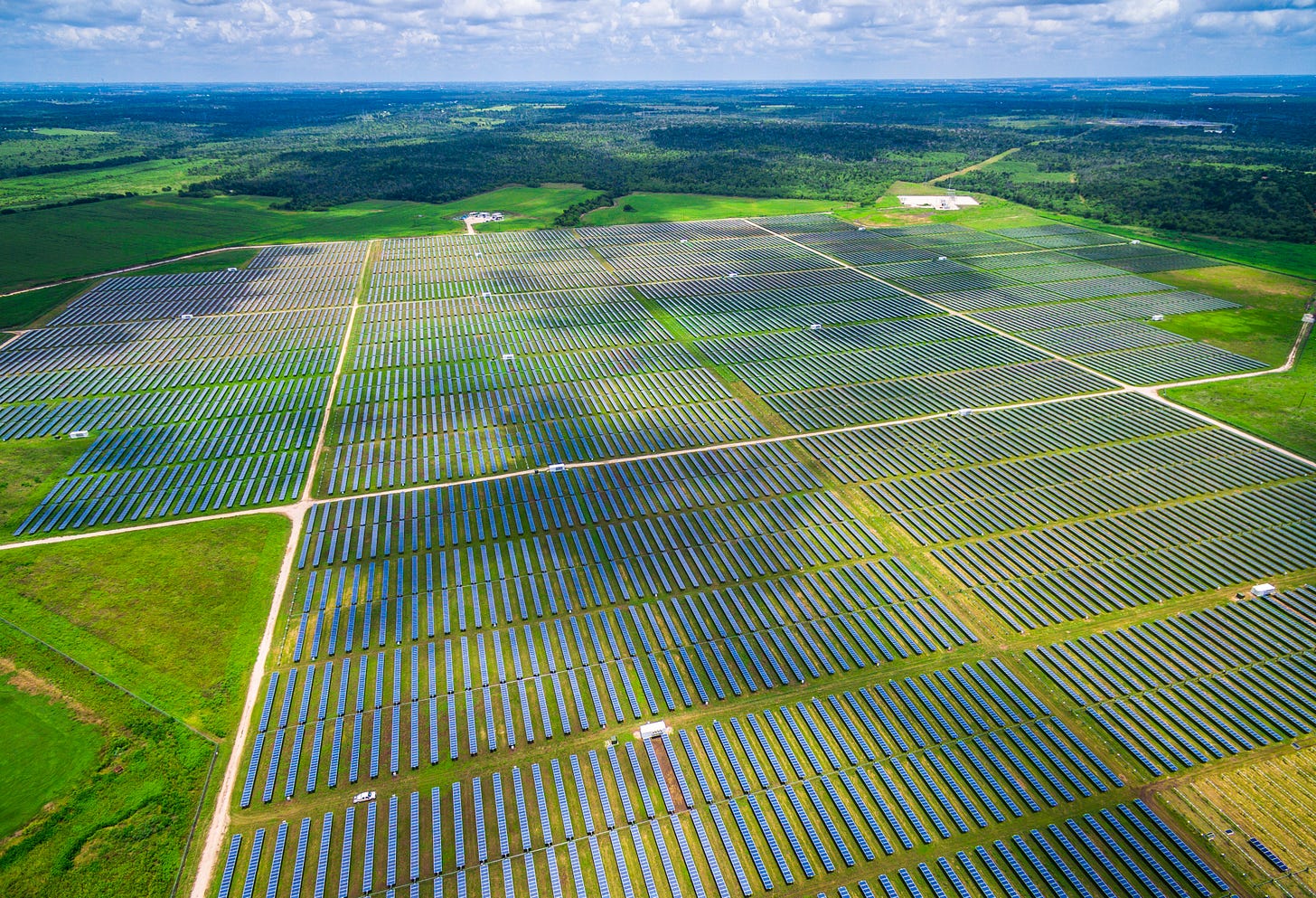Leasing Land to Solar Companies Can Have Risks
You need to think of more than money, also consider the liabilities: Here are just a few of the possibilities listed below:
You own the land; you are always responsible for whatever happens on that land, and you could be sued!
TAXES: On the Land:
You own the land, so you are always responsible for the taxes on that land.
The land converts from an ag exemption to a commercia/industrial tax status upon construction, and there will be a three-year roll back on that new tax value. In their contracts, the solar companies say they will pay you back all the taxes you incur. Hopefully, they will. It takes time to get an ag exemption back after it has been taxed commercial and panels.
TAXES: On the Equipment:
The company should pay property taxes on all equipment onsite, but the landowner could be held responsible.
Liens on Property for nonpayment by the company:
If the company does not pay their contractors or workers, these contractors can put a lien on the equipment and on the land.
Change of Ownership:
These companies lure and entice landowners offering “potentially” huge sums of money, but this can easily change with the change of lease ownership. When the company sells the lease to another company, your contract is then null and void and a new contract will have to be negotiated with the new owners.
Some people who have found themselves in this situation have had their contracts rewritten for much less lease money. Then the lease sold again, and the next contract is less again. The owner files a lawsuit, which will eat up any monies made, and years may pass before it is resolved. No matter how good you think your contract was, you are not in control of the next one. Your bargaining chip is gone, and you have the panels built on your land. What do you do then?
Options in Contracts:
The reality is that the most contracts they offer to landowners give exclusive rights to the company and few or none to the landowner. Examples: The company will retain the “option” to cancel the contract at any time for any reason. They will never offer the same right to the landowner.
They will retain the right to sell the solar facility including the lease at their sole discretion to anyone of their choosing. While it may appear they are offering options, make sure to read the fine print and ask lots of questions.
Regulations:
If the solar company has any problems with regulators, environmental issues, or other problems, they can simply declare bankruptcy and walk away from the project. Regulators can shut them down for noncompliance. You can also be responsible for environmental issues should it affect neighboring landowners and they consider suing.
Limited Liability Corporations:
The solar company leasing from you will set up a single corporation just for your site. This is a red flag. The originating company can walk away at any time, going bankrupt and leaving the landowner to clean up the site, pay to remove all materials, as well as pay all taxes associated with the property and any outstanding liens on the property. Any problems such as contaminated ground water with carcinogens, flooding issues, erosion of soils and many more, now become the landowners or their heir’s problem.
Decommissioning Costs:
Will be enormous. Make sure you have a bond. While there have been sites that have been decommissioned there is no real consensus on how much it will cost. The National Renewable Energy Lab in 2021 produced a paper that stated 1 MW cost $386,000 to decommission with salvage. This price today will be much escalated from 2021 and will continue to do so as years go by. Salvage may become more difficult as massive amounts of used solar panels flood the market in the next few years. Let’s say it will be a substantial to decommission and there are not many places to recycle and no waste sites in Texas at this time, so all panels (3/4 million panels on a 2,400-acre site of 250MW) will have to find a new home somewhere. Could be your cost. You also cannot remove any equipment until there have been lawsuits to claim ownership, that could take years and lots more money to lawyers. Look up the laws in your state before signing a contract.
Counties may end up owning the site:
If taxes are not paid, the county may end up owning the site eventually, placing a burden on local taxpayers.
There will be other pitfalls: For example, lawsuits may come from neighbors who are adjacent to you, who may experience water runoff or other environmental issues. Please Note: every possibility noted above has already been experienced by some landowners.
Finally, if after considering the above and you still want to sign a contract, please consult with an experienced SOLAR attorney prior to signing. This advice is being offered for your consideration, not as legal advice.




